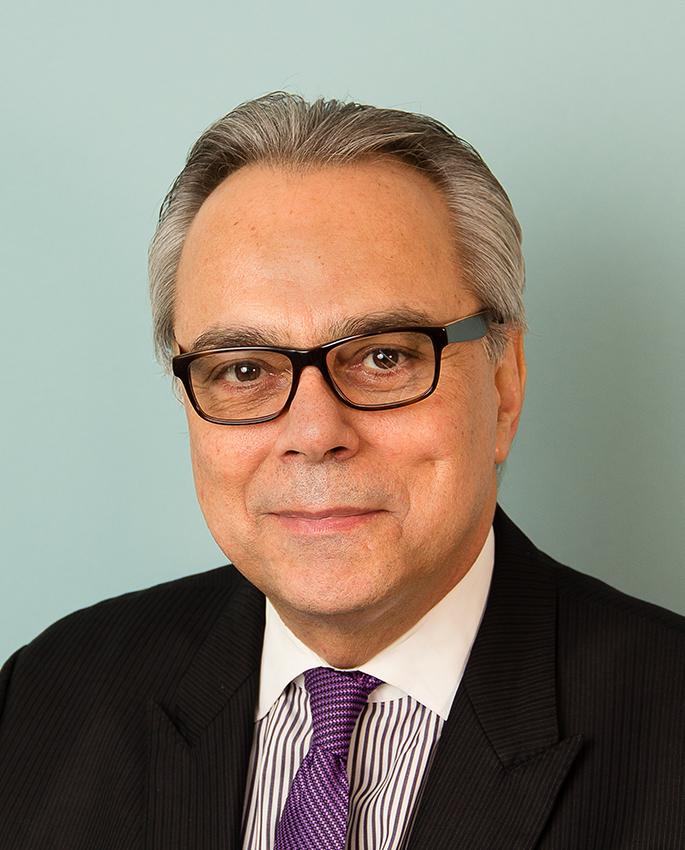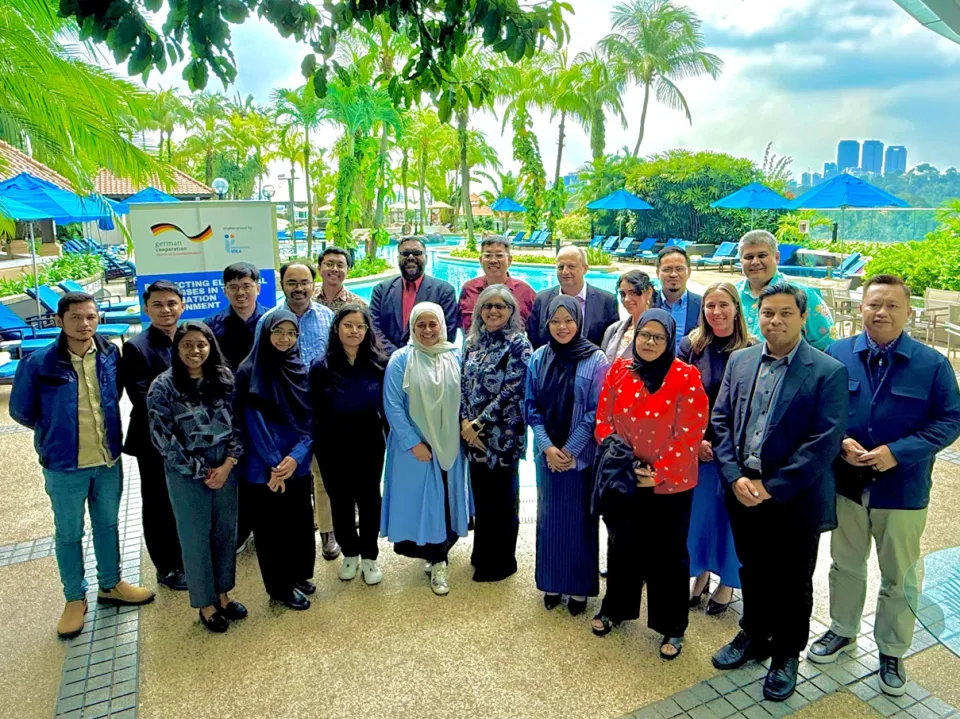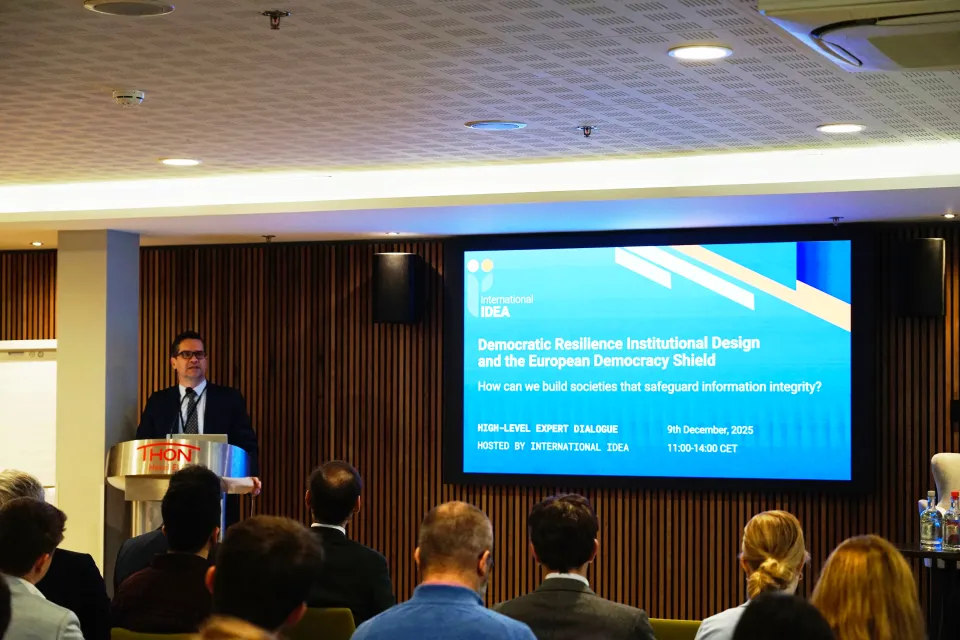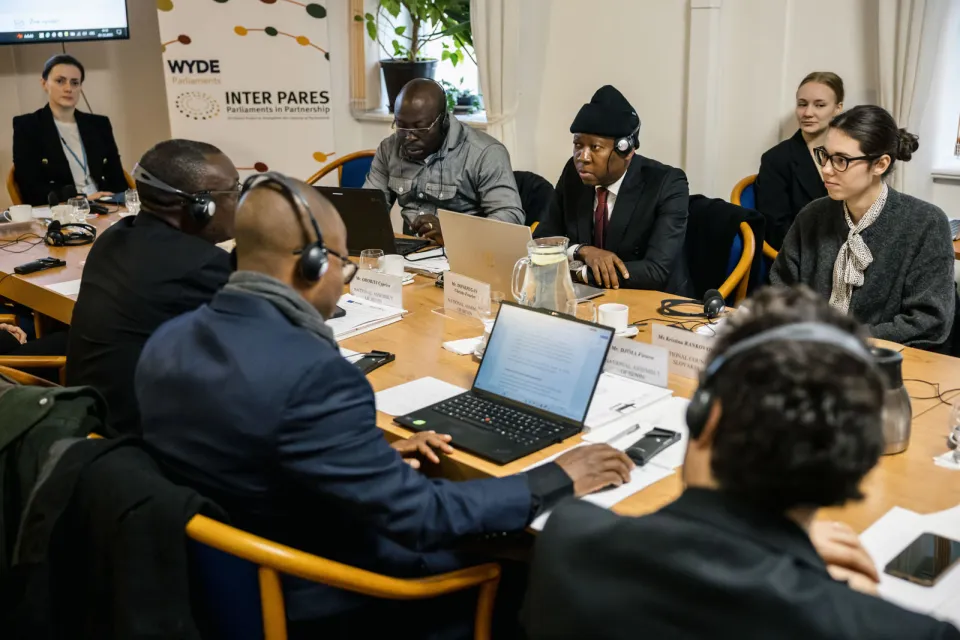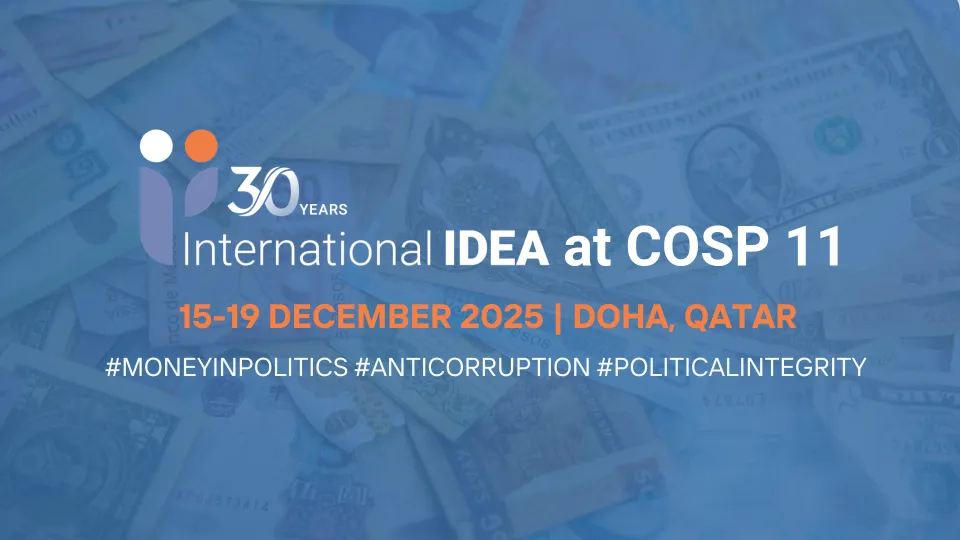Money and politics in Argentina: Better laws are needed, but also good practices

Political financing (of parties and election campaigns) is crucial for the quality of democracy and the integrity of elections. Democracy has no price, but it does have an operating cost. Accordingly, the use of economic resources is essential for political-electoral competition. Yet, money is a two-edged sword: it is necessary, but it is also problematic. To put it directly: there is no politics without money, but money without adequate regulation tends to produce serious distortions in the democratic system, in particular, capture of the state, serious conflicts of interest, and the penetration of organized crime.
Este artículo se encuentra disponible en Castellano.
Therefore, the challenge is clear: democracy needs to have the legal frameworks and suitable institutions for exercising effective oversight of the money in both politics and elections. As Adam Przeworski has put it so clearly, democratic quality means keeping money from controlling politics.
In view of all these considerations, the debate on money and politics is at the center of the political agenda in many countries, among them Argentina.
The current regime and proposed reforms
In recent decades, especially from the decade beginning in 2000 onward, Argentina adopted a system of political financing that has been the result of several reforms. The current regime, without prejudice to certain virtues, suffers from a series of weaknesses that should be updated prior to the 2019 general elections.
At a seminar organized by the Ministry of Interior, Public Works and Housing (held in Buenos Aires last February 27) the government proposed a series of changes aimed at improving the regulatory framework now in force.
International IDEA, which has been providing technical cooperation to the Ministry on this issue since 2017, was invited to participate (along with the OECD and representatives of the leading civil society organizations with expertise on the topic) to share its relevant comparative experience (good practices, trends, manuals, and data bases).
This initiative by the governing forces should be welcomed. This is a propitious moment for the debate, for two reasons: (1) politically sensitive issues should be debated in non-electoral years; and (2) there is a considerable level of consensus (in both political circles and civil society) in relation to many proposals which, if approved, would improve the current regime. Among these, the following merit special mention: (1) improving conditions to ensure fair electoral competition (levelling the playing field), regulating official publicity and lengthening the time during which government acts aimed at capturing votes are prohibited; (2) punishing clientelism and the use of public resources for partisan purposes; (3) increasing transparency and accountability; (4) implementing real-time recordkeeping of contributions and expenses; (5) setting up an online registry of suppliers; (6) ensuring contributions are made through bank accounts to bolster their traceability; and (7) strengthening the oversight organs and the sanctions regime. On this last point, it is important not only to increase the number of auditors in the National Electoral Court (Camara Nacional Electoral) but also to guarantee an adequate supply of information by PROCELAC, UIF, AFIP, OA, IGJ, and ANSES to the electoral justice system.
There are several other issues on which one does not find the same level of consensus. Among these are whether trade unions and companies could make contributions to election campaigns. With respect to companies, the government favors allowing them to do so, but with a ceiling of 3 per cent of the total expenditures allowed for a given party. I agree with this proposal, yet clear limits should be established as to which companies should be excluded, to avoid potential conflicts of interest; with precise and reasonable ceilings should be set. Regarding the issue of contributions by trade unions, the issue, while much more complex than with respect to companies (given the special characteristics of trade unionism in Argentina), also merits very careful analysis.
My opinion
A reform with these characteristics, in addition to being in line with the main current trends in relation to this subject, both global and regional, would not only represent major progress, but would also contribute to making Argentina’s political financing regime transparent and open, reducing the huge gap that exists at this time between the law and reality.
Yet if Argentina truly wishes to make a qualitative leap forward in this area the reform of the political financing system should seek to accomplish four other strategic objectives.
First, contribute to strengthening, institutionalizing, and modernizing the very weak and highly fragmented political party system, which is the main cause of many of the problems that affect Argentine democracy today, and that have negative repercussions on its quality.
Second, advance simultaneously at both the federal and provincial levels, opening up the possibility of the provinces acceding to the federal regime, or encouraging the adoption by the provinces of their own legislation on the matter (since only five of the 24 districts have a political financing regime).
Third, guarantee the integrity not only of elections but of the political system as a whole, since, as comparative experience shows, regulations on political financing are insufficient and hardly effective if they exist in isolation. To that end, an integral approach is needed to take on this complex issue. In effect, the regulation of political financing should be part of an “ecosystem” for ensuring the integrity of politics at large, which also includes regulations to fight corruption, influence-peddling, and conflicts of interest, along with rules to ensure the compliance of the private sector. In other words, it is necessary to have a holistic approach, a public-private partnership that involves not only the public sector, but also the private sector. If we wish to be successful in this complex matter, both hands, the one that receives but also the one that gives, must work in a coordinated fashion.
And fourth, foster a culture (on the part of politicians, as well as businesspersons and the citizenry in general) strongly committed to respecting the rules of political financing, and to supplementing good laws with good practices.
A video summary of the talk can be found in this link.
